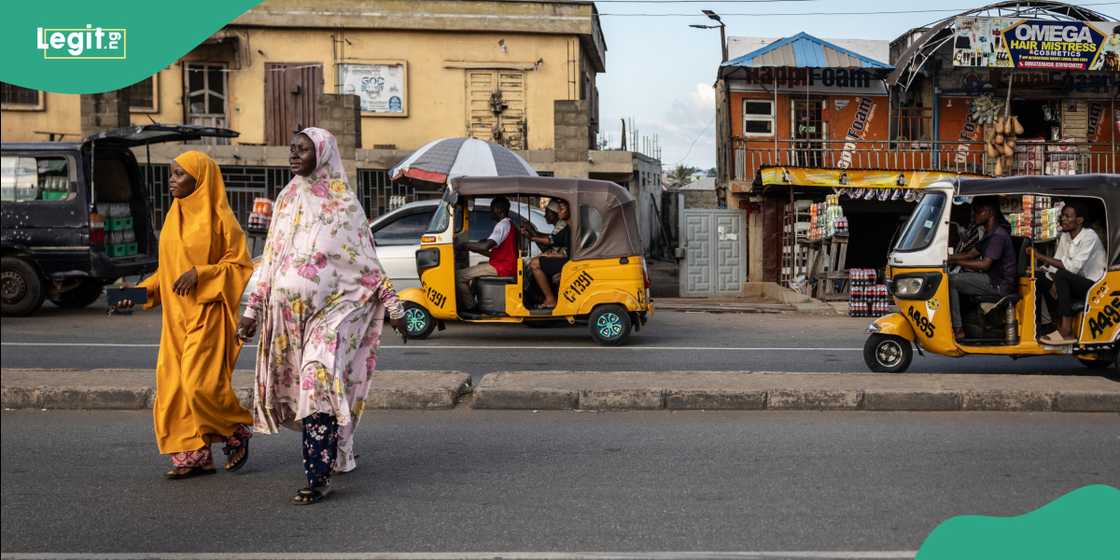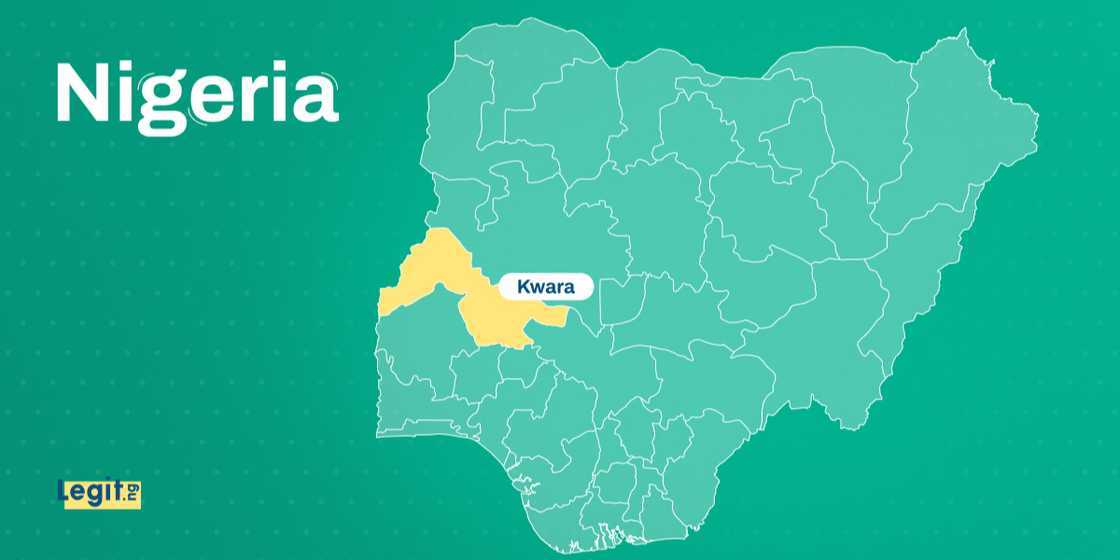Across Ilorin, the capital of Kwara state in Nigeria, commercial motorcycle operators—widely known as okada riders—are voicing concerns over what they describe as persistent harassment and extortion by officers of the Nigerian Police Force. With Nigeria’s economy presenting daily challenges, many of these riders have migrated from various northern states such as Zamfara, Sokoto, and Katsina in hopes of improving their livelihoods. However, they report that their pursuit of a better life is being compromised by practices they claim are exploitative and unjust.
Speaking to local correspondents, several okada riders explained that navigating the city’s roads often means contending with more than just customers and traffic. According to their testimonies, law enforcement agents not only engage them on alleged infractions but also, as claimed, demand payments before allowing them to continue their work, thereby reducing their already meager incomes.
Okada riders in Ilorin allege daily harassment
Many riders highlighted the role of barriers such as limited education and language differences, which they say are exploited by some police officers. “They know some of us cannot speak English well, and they use this to threaten or confuse us,” said one of the riders, Yahaya, who described his own experience as almost unbearable, leading to feelings of vulnerability and alienation among his peers.
“We left our villages and family to come to Ilorin as Nigerians. We believe we have rights to live anywhere in this country too. Some of us left Zamfara, Sokoto and Katsina so we could feed our families. But every day, the police are disturbing us.
“If they stop us, even if you have complete papers, they will say something in English you don’t understand and before you know it, they ask for money. If you don’t pay, they will carry your bike.”
Other riders pointed out that, despite their attempts to comply with regulations and maintain order on the roads, they continue to face what they describe as arbitrary stops and unnecessary detainment. Riders like Kabiru and Usman recounted distressing incidents where they lost their entire day’s earnings due to demands from officers, driving some to consider abandoning okada riding altogether for less risky means of income.
Police extortion cripples riders’ earnings
According to these riders, police extortion is not random but concentrated at key hotspots in Ilorin. Locations reportedly targeted include busy thoroughfares such as Flower Garden, Adewole Road, Surulere, Oja-Oba, Challenge, and the bustling Ipata Market.

Source: Getty Images
Speaking to the challenges, Kabiru revealed how a confrontation with police led to the loss of his entire daily profit, while Usman described how similar experiences have driven some of his fellow riders to abandon their motorcycles for fear of further exploitation and adverse consequences.
“One day I worked from morning till night. I carried passengers from Oja-Oba to Challenge and back. I made almost ₦5,000. As I was going home, police stopped me at Surulere. They said my headlamp was not bright enough. I tried to explain, but they didn’t listen. They took ₦2,000 before they released me. That was my food money for the week.”
These first-hand accounts echo a larger trend: across Nigeria and many West African nations, informal workers like okada riders frequently face systemic issues stemming from regulatory enforcement, corruption, and economic vulnerability. University research and advocacy groups, such as CLEEN Foundation, have long identified the transport sector as a flashpoint for both grassroots income generation and state-citizen tension.
“Many of my friends have left this work because of police wahala. If you make ₦3,000, you may end up giving them ₦1,500. How do we survive? We cannot go back to the north because there is no job there, and we cannot survive here because the police are taking everything.”
Kwara police yet to respond to allegations
The okada riders assert that police presence on major Ilorin routes often results in confrontations over alleged traffic infractions, incomplete documentation, or helmet violations. Yet, they claim that even those who comply with all requirements are not spared. “Whether your papers are complete or not, they’ll find something to hold you for,” said another unnamed rider.
On-site observations in busy markets such as Ipata and Oja-Oba have revealed scenes of disruption, where riders are reportedly stopped in the middle of the road, contributing to congestion as officers check documents and—according to witnesses—enter into negotiations with those detained.
Efforts to obtain an official response from the Kwara State Government and the police command were unsuccessful at the time of reporting. The command’s spokesperson, DSP Ejire Toun, did not respond to calls or messages requesting comment. This lack of response has fueled frustration among residents, many of whom express feelings of neglect and a demand for institutional accountability.
Bridging the gap: Why illicit road practices matter
For thousands in Ilorin, commercial motorcycling is not just a job, but a critical economic lifeline. In a country where unemployment remains persistently high—Nigerian Bureau of Statistics data indicated youth unemployment at around 37% in 2023—any threat to the informal sector reverberates through families and communities. Okada rides enable affordable, flexible transportation for urban households, deliver goods, and support market activity in ways that both government and private transit have struggled to match.
However, sector experts warn that unchecked police practices, such as those alleged in Ilorin, risk undermining social trust and entrenching cycles of poverty. A Lagos-based economist, Dr. Aina Adeoti, notes, “If riders are forced to share their earnings with corrupt officials, their incentives shrink and their exposure to risk grows. Worse, it drives a wedge between communities and law enforcement, making cooperation much harder during true emergencies.”
The challenges in Ilorin mirror stories from Accra, Dakar, and Freetown, where informal transport workers have similarly clashed with police over regulation, bribery, and workplace safety. In Ghana, for instance, okada riders have at times organized public protests or requested formal recognition to clarify their legal protections and obligations—an approach Nigerian unions and professional organizations are beginning to consider.
Man crushed to death by Customs in Kwara: A tragic case highlights road risks
Meanwhile, the dangers of Nigeria’s transport sector were underscored by a recent tragedy in Kwara. As reported by local media, a young man named Abdulakeem Iwalewa was killed by a Nigeria Customs Service vehicle while operatives were reportedly engaged in a high-speed chase of smugglers along the Mandala–Okolowo axis of Ilorin.
According to eyewitnesses, the incident, which occurred on Sunday, August 17, 2025, has cast a pall over the local community and reignited debate about the responsibilities of law enforcement on public roads. The circumstances, though still under investigation at press time, highlight the urgent need for reforms addressing both official conduct and public safety on Nigeria’s highways.
These stories underscore the daily realities for millions in Nigeria and across West Africa who depend on the informal transport sector to make a living. While enforcement of traffic laws is essential for public order and safety, many believe reforms are overdue—balancing regulation with respect for the rights and dignity of those who work the streets.
Nigerians continue to ask: How can authorities ensure justice, transparency, and fairness for all, especially for the vulnerable? The example of Ilorin’s okada riders shows that grassroots voices, local accountability, and ongoing dialogue are critical as the country charts a way forward.
What are your thoughts on the experiences of okada riders and the state of road safety in your area? Do you think stronger protections or reforms are needed for Nigeria’s informal workers? Drop your comments below and let us know how these issues affect you or your community.
Your voice matters! Reach out to us if you’d like your story featured or wish to sell your story:
story@nowahalazone.com.
For general support, email support@nowahalazone.com.
Follow us for updates and join the conversation on
Facebook,
X (Twitter), and
Instagram!









